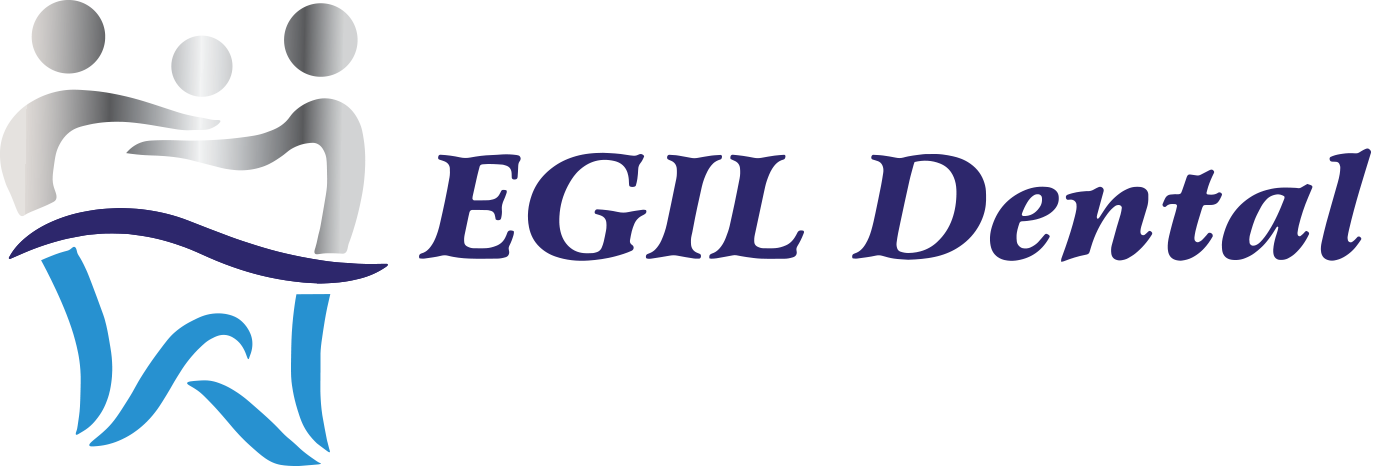Extractions are common dental procedures that are performed for a variety of reasons, such as severe tooth decay, advanced gum disease, or overcrowding. Following an extraction, proper care is crucial to ensure a smooth and speedy recovery. This article will provide you with valuable information on how to care for your mouth post-extraction, promoting healing and minimizing the risk of complications.
1. Control Bleeding
After an extraction, some bleeding is expected and can persist for a few hours. To control bleeding, bite down gently on a clean gauze pad placed over the extraction site. Apply consistent pressure for about 30 minutes. Avoid spitting, rinsing vigorously, or using a straw, as these activities can dislodge the blood clot forming in the socket and lead to a condition called dry socket.
2. Manage Pain and Discomfort
It is normal to experience some pain and discomfort post-extraction. Your dentist may prescribe pain medications or recommend over-the-counter pain relievers. Follow the prescribed dosage and timing instructions carefully. Applying an ice pack to the affected area for 15 minutes at a time can also help reduce swelling and alleviate pain.
3. Minimize Swelling
Swelling is another common side effect following a tooth extraction. To minimize swelling, apply an ice pack or cold compress to your cheek near the extraction site for 15 minutes on and off during the first 24 hours. Afterward, warm compresses may be used to promote healing and ease any remaining discomfort.
4. Keep the Extraction Site Clean
Keeping the extraction site clean is essential for preventing infection. Avoid brushing the extraction site for the first 24 hours, but continue to brush and floss other areas of your mouth. Rinse your mouth gently with warm saltwater (1/2 teaspoon of salt dissolved in 8 ounces of warm water) after 24 hours to help keep the area clean.
5. Eat Soft Foods
Following an extraction, it is important to eat soft and easily chewed foods to avoid disrupting the healing process. Opt for foods like mashed potatoes, yogurt, soups, smoothies, and scrambled eggs. Avoid hard, sticky, and spicy foods that could irritate the extraction site.
6. Avoid Smoking and Alcohol
Smoking and alcohol consumption can hinder the healing process and increase the risk of complications. Refrain from smoking for at least 72 hours after the extraction. Additionally, avoid alcoholic beverages during the initial recovery phase as they can interfere with blood clot formation and delay healing.
7. Attend Follow-Up Appointments
Your dentist will schedule follow-up appointments to monitor your recovery progress and ensure proper healing. These visits are essential to address any concerns, remove any sutures, and perform necessary checks. Make sure to attend all scheduled appointments to help ensure a successful recovery.
Conclusion
Caring for your mouth post-extraction is crucial to minimize discomfort, prevent infection, and promote optimal healing. By following the steps mentioned in this article, you can confidently navigate the recovery process and set the stage for a healthy mouth. Remember, if you experience severe pain, excessive bleeding, or any other concerning symptoms, contact your dentist for immediate assistance.

